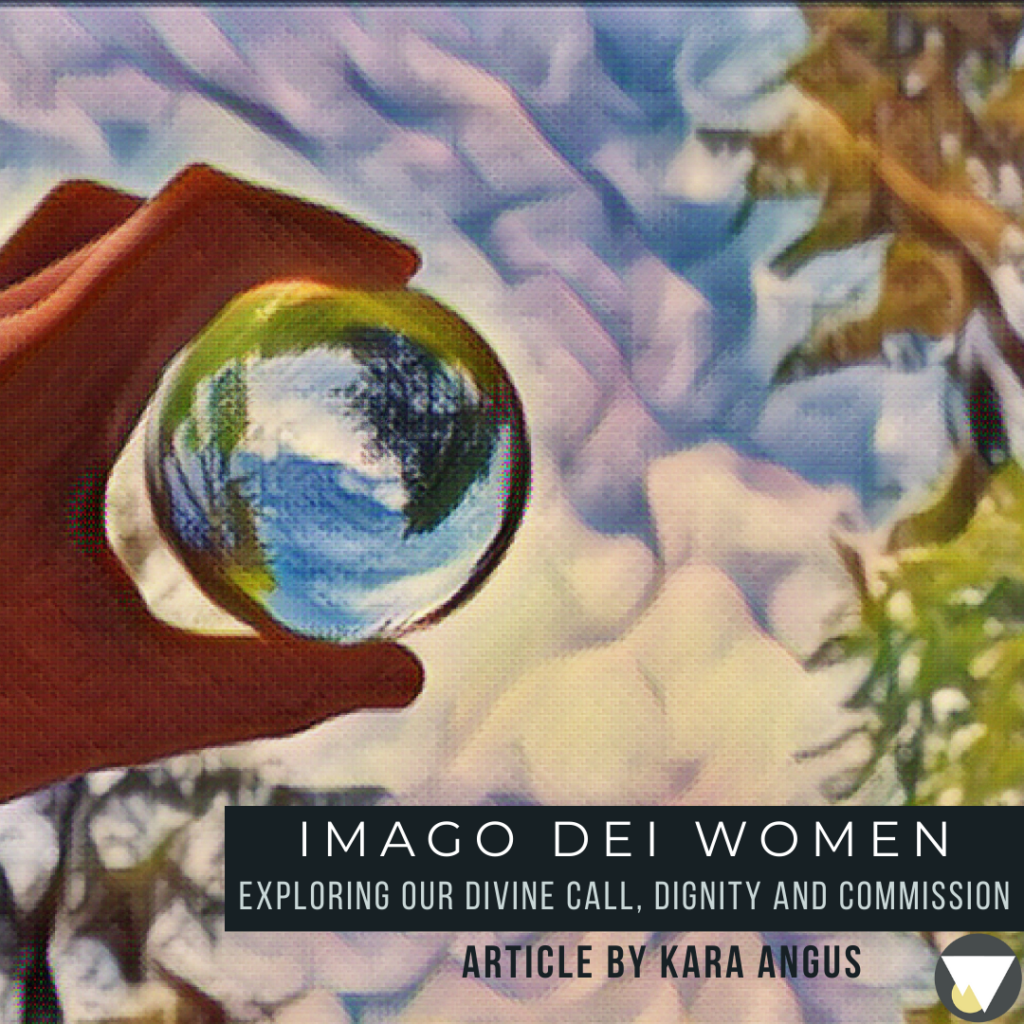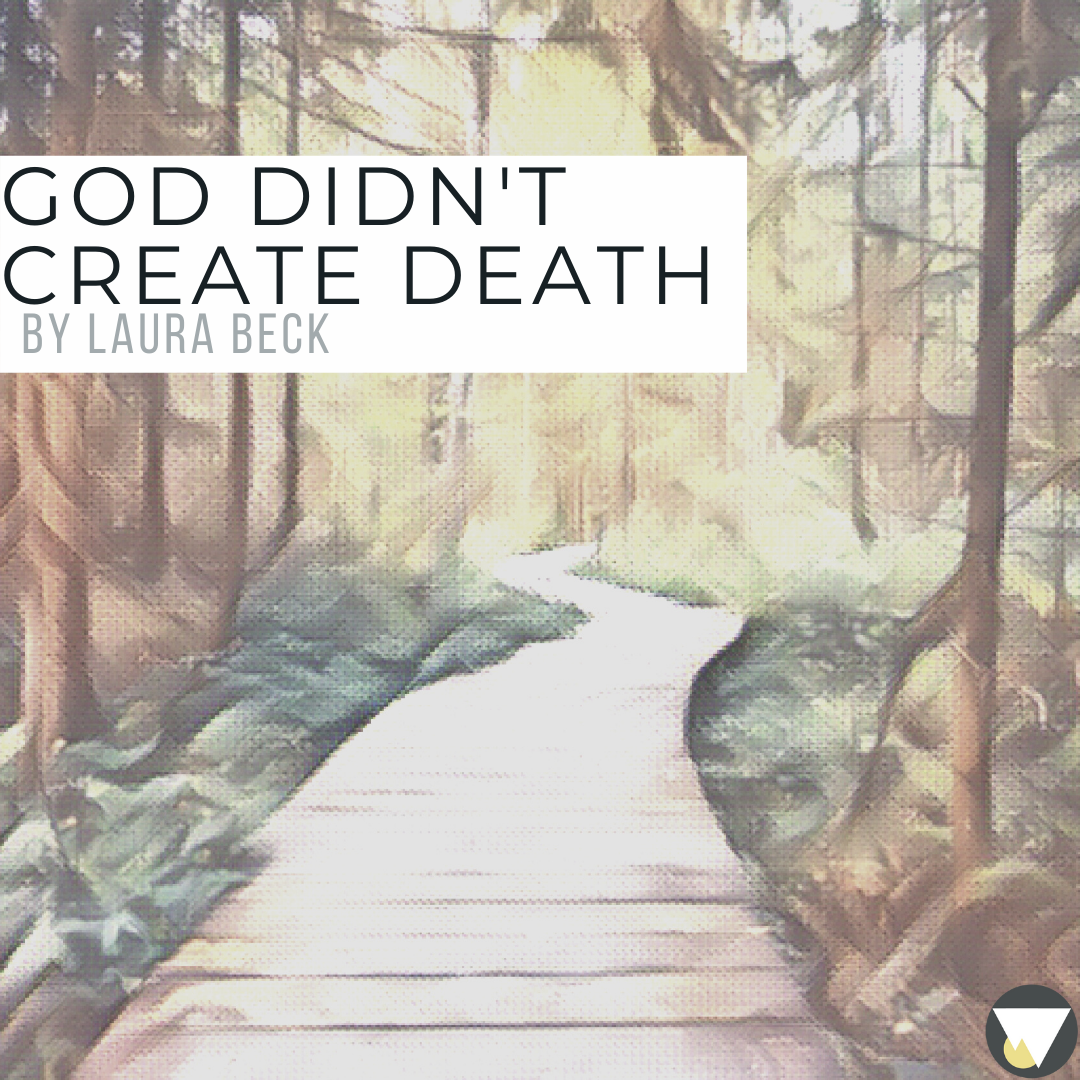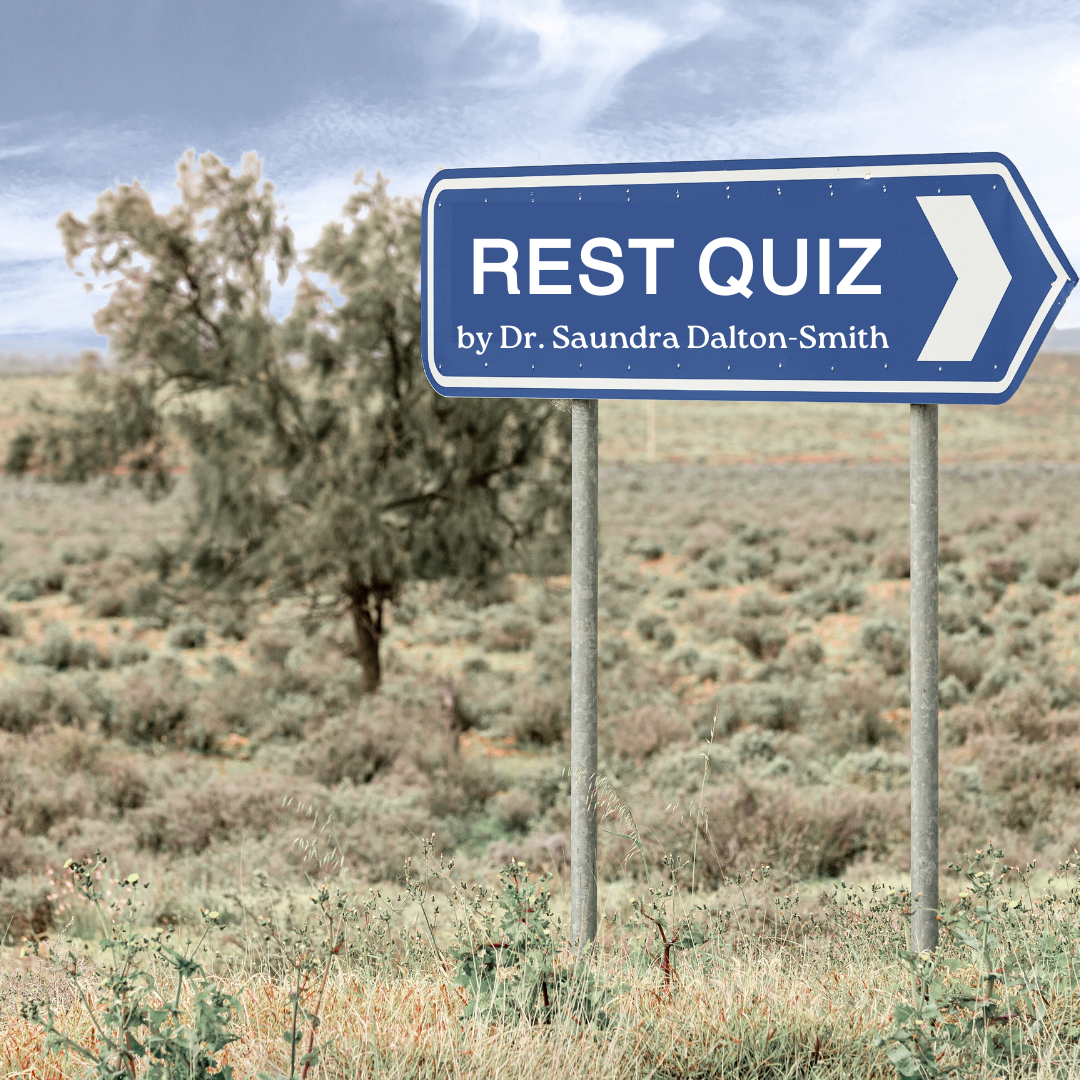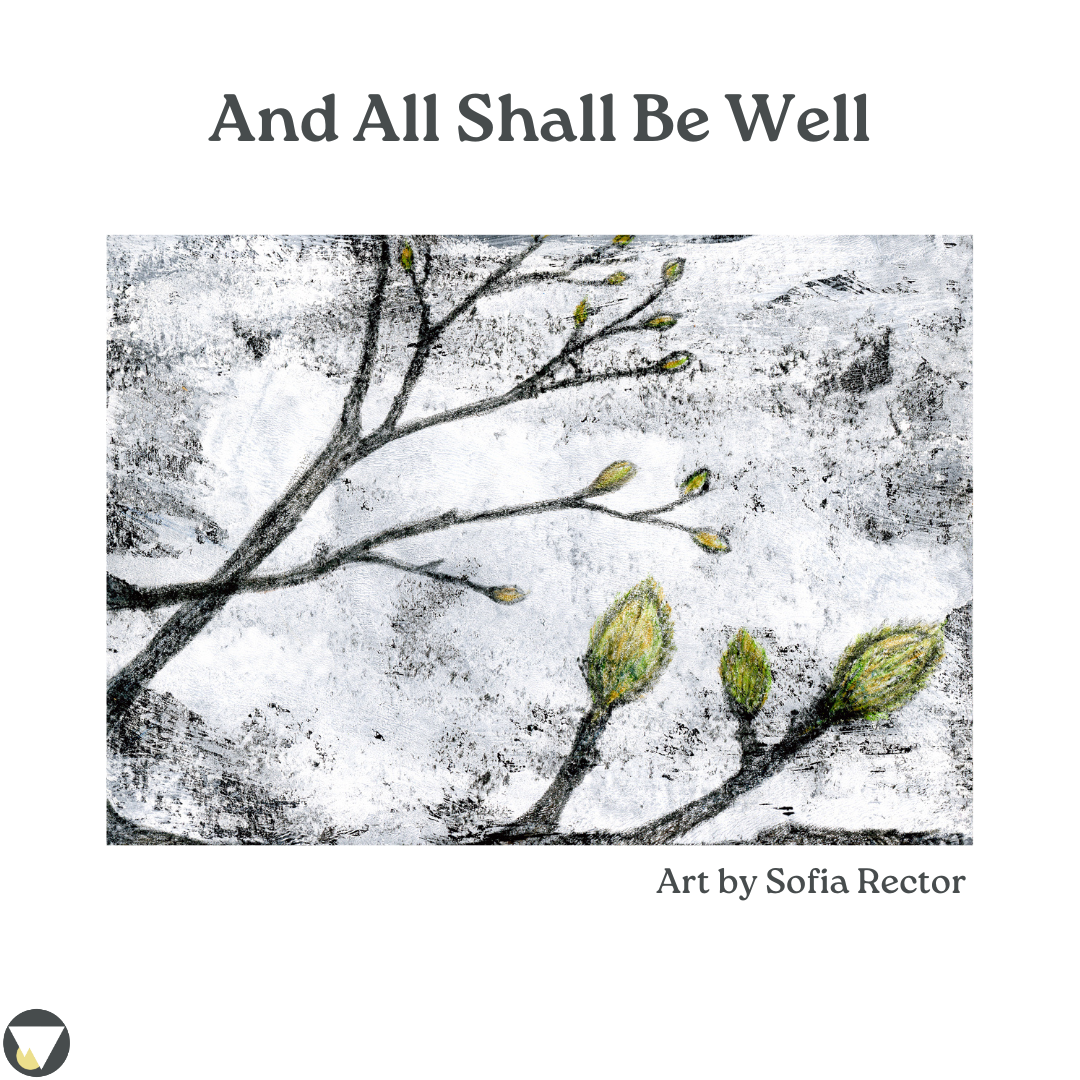Imago Dei Women
Article by Kara Angus

Portions of this article first appeared online in CBE International’s Mutuality magazine
Imago Dei Women: Exploring our Divine Call, Dignity and Commission
Do we start at Genesis 1 or Genesis 3? Do we want to start our discussion of humanity at imago Dei or the Fall? Genesis 1 is where God starts humanity’s story with a divine call: “So God created humans in his image, in the image of God he created them; male and female he created them … God saw everything that he had made, and indeed, it was very good” (Gen. 1:27, 31a). God gave both man and woman a blessing, a commission to be fruitful and multiply, a holy call to be His representatives, and a shared authority to rule and subdue the earth. The first garden was the perfect sanctuary, as humans daily walked in fellowship with God and led creative and productive lives.
Psalm 8 also testifies to the human dignity and purpose God created in humanity at creation: “Yet you have made them a little lower than God and crowned them with glory and honor. You have given them dominion over the works of your hands; you have put all things under their feet” (Ps. 8:5–6).
Two very clear distinctions emerge:
1) God is the authority here. He rules and reigns over creation and His creative plan unfolds perfectly according to His wisdom and power.
2) God grants authority to humans through a blessing and a commission. There is a theme of mutuality, work and specific purpose granted to both.
Being made in the image of God, imago Dei, is a call to action with value and purpose built into our very DNA.
KARA ANGUS
Similar to Genesis 1, in Matthew 28 Jesus leaves his image-bearers with a final great commission: “All authority in heaven and on earth has been given to me. Go therefore and make disciples of all nations, baptizing them in the name of the Father and of the Son and of the Holy Spirit and teaching them to obey everything I have commanded you. And remember, I am with you always, to the end of the age” (Matthew 28:18–20).
Again we see that:
1) Jesus establishes his authority.
2) He grants authority to men and women through a commission and the blessing of his presence.
There is a theme of bestowed authority, commission, the blessing of God’s presence, mutuality, and partnership. Women and men are given redemptive work in the middle of the story just as they were in the beginning. Now, Jesus calls us to fill the earth with God’s greatness.
As redeemed representatives, we carry the message of the cross and grace as part of our call to worship. Kingdom work—then and now—is holy, commissioned leadership and partnership work.
KARA ANGUS
God designed us as His image bearers first. That should inform any other discussion on gender. As sin enters the garden (Genesis 3), both humans feel the pain of brokenness. They are separated from the God they once fellowshipped with, and now they tend the rebellious earth with the effect of sin weighing down upon their dejected and decaying bodies. In a world of conflict, they struggle to live in harmony with one another. If we start our discussion of humanity at Genesis 3, we tend to focus on hierarchical ideology. We are shifted away from our true divine mission as image bearers. We turn women and men into opponents in power struggles rather than partners for the gospel. Male and female relationships are then viewed primarily in terms of authority, control, submission, and struggle. There can be a refusal to allow Jesus’ life, death and resurrection to redeem and restore fractured relationships.
Whatever it means to bear God’s image is so much grander than stereotyped gender roles imprinted back onto the imago Dei. When we crush women into rigid gender roles and refuse to allow them to deviate, we strip humanity away from God’s creation—creation which God already declared “very good.” We deny women God’s grace and redemption in their own life stories. The woman is denied intrinsic value as her imago Dei is stripped away so that gender roles (with specific punishments for deviating) dictate what being a flourishing, “valuable” image bearer looks like for her. We leave women in the conflict of an old and familiar story rather than granting them the power to bring harmony to God’s beautiful and redemptive story. Most horrifically, we deny the Creator of life the movement and space to grow and shape a woman into God’s image.
Being an image bearer means we care about what God cares about, we shudder over the ways things are and work toward the beauty of what will be.
kara angus
Even in the misery of sin and evil, threads of grace and redemption glimmer with hope and point toward the gospel story. God is still calling for worshippers who fill the earth with His greatness. He still expects us to be fruitful glory-bearers. And now we have the holy spirit at work transforming us into the image of God (2 Corinthians 3:18). Did God declare women to be imago Dei? Did God declare women good? Then we have to as well. We cannot continue to curse women with Eve’s body and deny them the freedom that comes from Mary’s body.
ABOUT THE AUTHOR
We love to collaborate with creatives, conversationsalists and community-builders. Connect with us to have your work featured on The Holy Shift.







